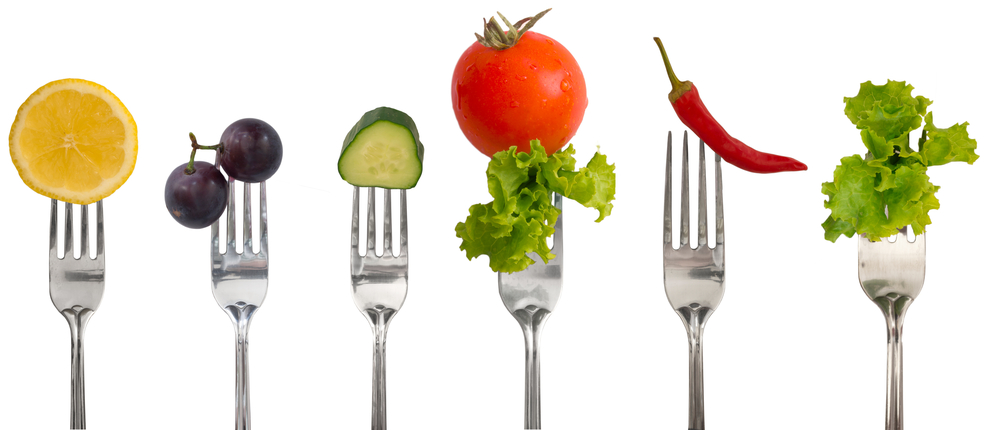(Originally published in aspIRe magazine, Issue 21)

Keeping your family on desirable levels of health and wellness, today, can be a challenge. The downside to the advancement of science and technology is the myriad of new causes of stress in our daily living, and the drastic change in our food nutrients within the last half century. Food we eat today is in stark contrast to what our grandparents ate. Given this, how do you keep your family healthy?
This is how I do it – you might pick up a thing or two from this list.
Eating right should be their fundamental education
Children eat what they see you eat. I’m a vegetarian and so is my wife, and therefore so are my kids. I’ve educated my kids early in their lives on the importance of eating real food and respecting life and the environment. They emulate my eating habits. My diet consists of organic salads, fruits, and grains cooked naturally. They may indulge in sweet snacks and desserts once in a while but their staple diet consists of nutrient-packed meals. They say no to drinks stuffed with unnatural elements – soft drinks and energy drinks – as they know that those are nothing but poison.
Let them discover the joy of exercise
An active lifestyle is not something you can impose on your family but I’ve always encouraged my kids to be physically active; me being a living example to them. I walk the talk by doing my regular exercises – bodyweight workout, biking, as well as practicing and teaching yoga. I’ve had many light conversations with them, as they were growing up, about the natural high you get from exercising, the different levels of health consciousness, about what kind of food and physical activities are best for which body types, and what kind of danger unnatural, useless, and senseless vices like smoking pose to our health and well-being.
Allow them to indulge themselves once in a while but keep reminding them
Children, as they grow up, may try unhealthy ways but they always go back to the fundamental good that you’ve taught them. My kids, as I’ve mentioned, enjoy eating cheesecakes and ice cream from time to time, but indulgences like these do not form part of their daily habits. Re-education is key. Constantly reminding them of the benefits of good health does not hurt at all. You as a parent should be the steadfast anchor that keeps them from wandering off the right path.
Teach them how to create balance
Give your family a strong spiritual foundation. Teach them ways to manage stress. Never get tired of spending time with them and having long enlightening conversations about living and loving. Encourage them to engage in activities that alleviate psychological and emotional strain, and help strengthen their mental health. You can never go wrong with getting them into studying and practicing yoga, enrolling them in a mindfulness programme or pepping them up to commit to volunteering regularly in their favourite charity or being a vocal and visible champion of the cause they feel passionate about.
Living absolutely is a habit one creates or picks up, but you can always educate and inspire your family to make the right choice. If you get every member to make that choice then your family becomes a small ecosystem of health, wellness, and happiness.
